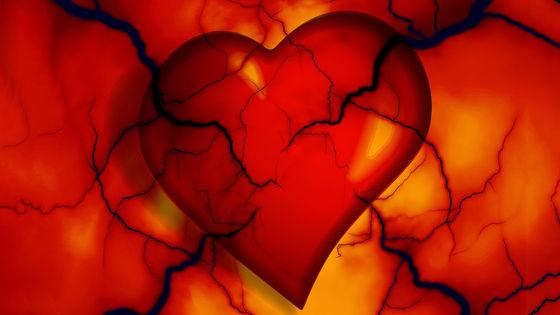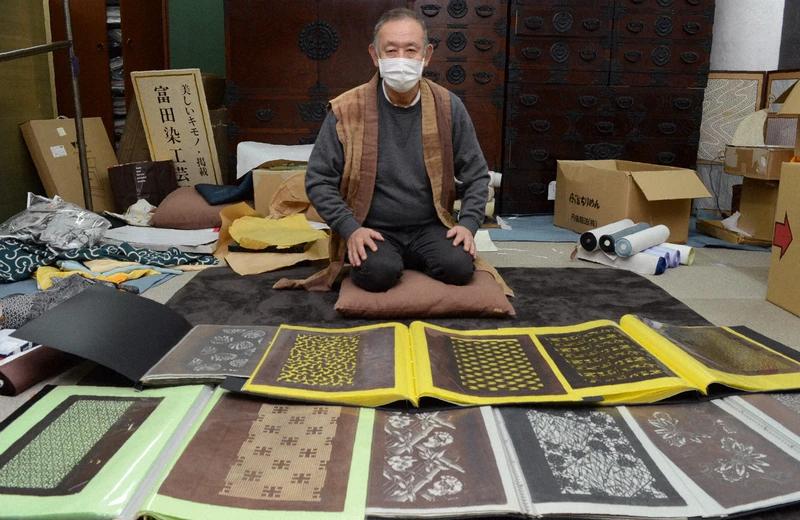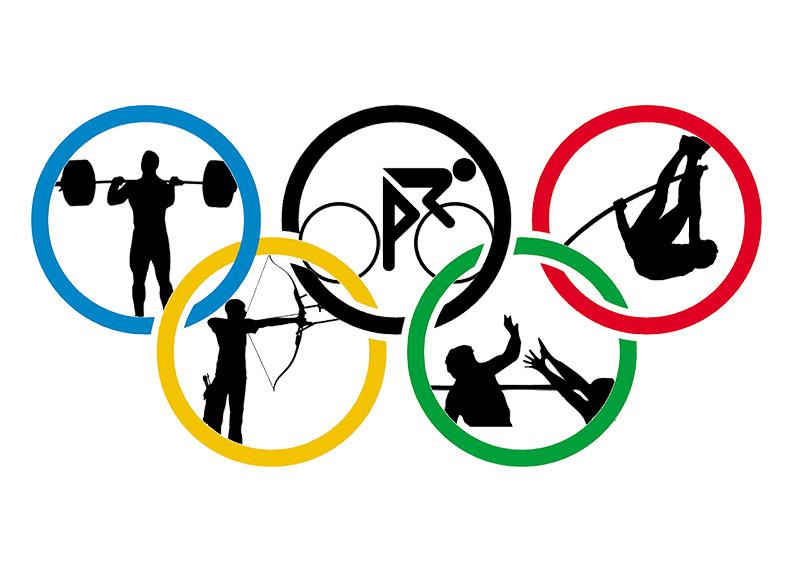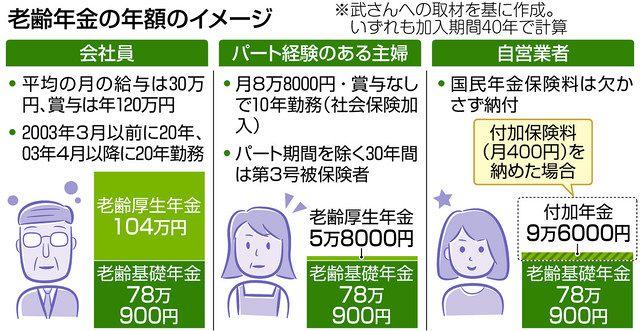×Science
Studies to date have shown that the new coronavirus causes blood clots not only in the lungs, but also in organs such as the heart and kidneys. Furthermore, experiments in which cells in the blood vessels of the heart were exposed to new coronavirus proteins confirmed that heart cells that were not directly infected with the virus could be damaged by the viral proteins. The SARS-CoV-2 Spike protein disrupts human cardiac pericytes function through CD147-receptor-mediated signaling: a potential non-infective mechanism of COVID-19 microvascular disease | bioRxivhttps://www .biorxiv.org/content/10.1101/2020.12.21.423721v2Covid-19 spike protein binds to and changes cells in the hearthttps://www.bhf.org. uk/what-we-do/news-from-the-bhf/news-archive/2021/august/covid-19-spike-protein-binds-to-and-changes-cells-in-the-heartCOVID-19 Spike Protein May Change Cells In The Heart | IFLSciencehttps://www.iflscience.com/health-and-medicine/covid19-spike-protein-may-change- Cells-in-the-heart/The novel coronavirus has a spike protein that binds virus particles to the cell surface. Researchers at the University of Bristol, England, are experimenting with adding the spike protein of the new coronavirus to cells taken from the heart to investigate the mechanism by which the new coronavirus causes damage to microvessels in the human body. The we.
The researchers exposed pericytes, which are found in heart microvessels, to a spike protein that disrupted their normal function and caused cytokine storm. It was found that a causative substance of an abnormal inflammatory reaction called is secreted. For some time, research results have been reported showing that the spike protein remains in the bloodstream even after the new coronavirus disappears and moves far away from the site of infection, so the research team said, ``This discovery is It suggests that the spike protein circulating in the body may cause cellular dysfunction in blood vessels, which may lead to damage to blood vessels in organs distant from the site of infection, which may have important clinical implications. This is because in patients with vascular permeability increased due to vascular damage due to underlying diseases such as hypertension, diabetes, and obesity, the spike protein easily spreads among pericytes This is because it can cause or exacerbate vascular disorders."
In this study, we report not only the mechanism by which cells not infected with the new coronavirus are damaged by the spike protein, but also the discovery that it may be possible to prevent it. When the research team blocked the function of a receptor called CD147, which is known to bind to the spike protein of the new coronavirus, the reaction between the cells and the spike protein stopped. Professor James Leiper of the University of Glasgow Institute of Cardiovascular Medicine, who was not involved in the study, told the British Heart Foundation: "This is a step forward in our understanding of how it affects the heart and could lead to new treatments to protect the heart."
Copy the title and URL of this article
・Related articleReport that new coronavirus infection ``generates thrombus in major organs such as heart, lungs, and kidneys''-GIGAZINE The new corona may leave sequelae in the athlete's heart Coronavirus found to be more infective to cells than the 2003 SARS coronavirus b>What are the antibodies that could neutralize all new and unknown coronaviruses discovered so far? -GIGAZINEThis is what happens when the very moment of new coronavirus infection and the replication mechanism are easy to understand with animation News is spreading on Facebook - GIGAZINE
・Related content
- Tweet
in Science, Posted by log1l_ks
You can read the machine translated English article here.







![Advantages of "Gravio" that can implement face / person recognition AI with no code [Archive distribution now]](https://website-google-hk.oss-cn-hongkong.aliyuncs.com/drawing/article_results_6/2022/2/25/98ceaf1a66144152b81298720929e8e7.jpeg)